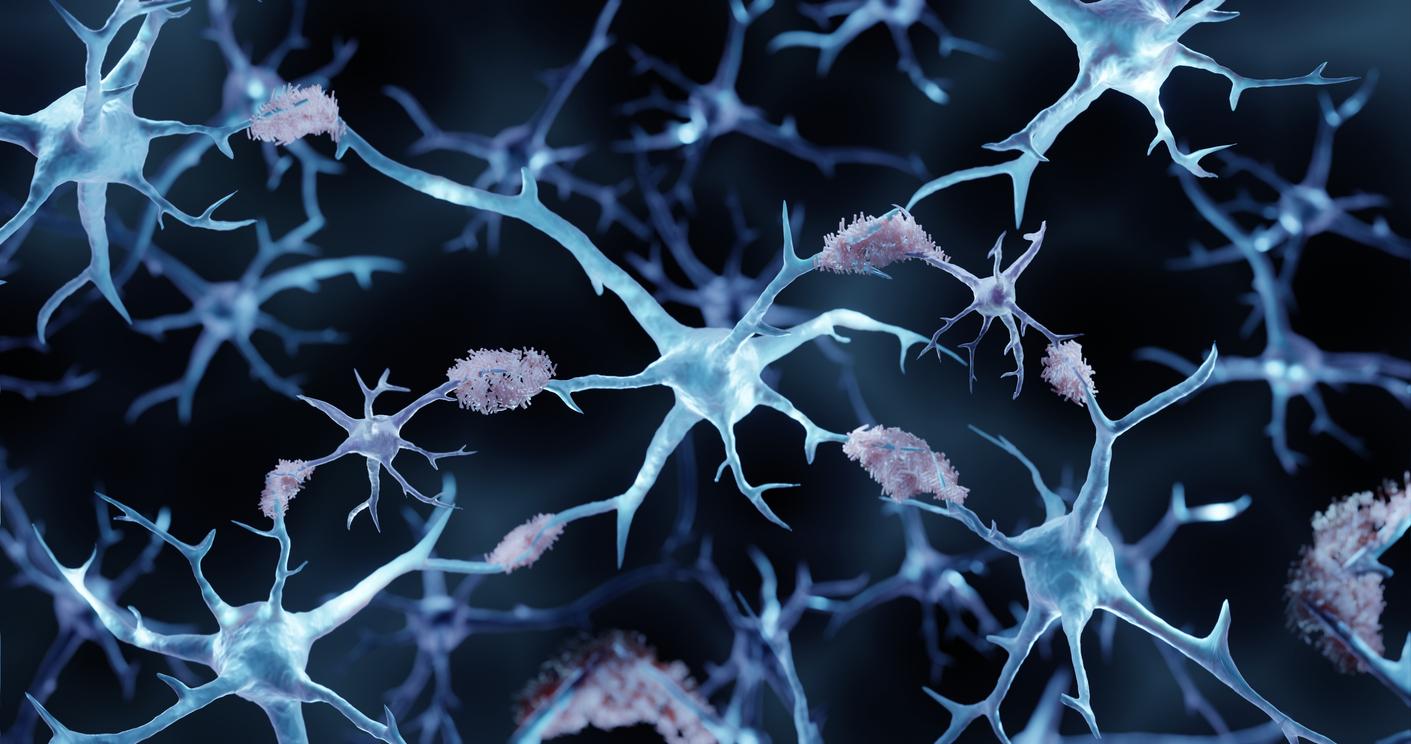Androgen deprivation therapy would increase the risk of dementia and Alzheimer’s for patients with prostate cancer.

The results of a study from the University of Pennsylvania, published in the journal JAMA, show that hormone treatment by androgen deprivation is linked to an increased risk of dementia and Alzheimer’s in patients with prostate cancer.
Of the 154,089 men participating in the study, 62,330 had been treated with hormone therapy within two years of being diagnosed with their cancer. 13% of them were subsequently diagnosed with Alzheimer’s disease, compared to only 9% of patients who had not received hormone treatment.
Concerning dementia, the figures are even more eloquent: 22% of patients treated with hormonal treatment were diagnosed with dementia, against 16% of patients who had not received it. The average risk of being diagnosed with Alzheimer’s disease is 12% according to Framingham Heart Study figures.
This study is also based on previous smaller studies that already showed similar correlations between hormone treatment and cognitive risks in patients with prostate cancer.
The most common cancer in men
“To our knowledge, this is one of the largest studies to date examining this association of risks, which followed patients over a period of eight years after their diagnosis of prostate cancer, explains the main author of the study. , Professor Ravishankar Jayadevappa. These results suggest that physicians need to better educate and discuss the long-term cognitive risks of hormone therapy with their patients.”
In France, with 71,000 new cases estimated every year, prostate cancer is the most common cancer in men, ahead of lung cancer (27,500 cases) and colorectal cancer (21,500 cases). In the United States, prostate cancer is the second deadliest cancer in men.
Hormonal treatment by androgen deprivation has shown conclusive results in slowing the progression of the disease. Treatment is based on reducing the levels of the male hormone in the body, androgens, to prevent them from promoting the growth of cancer cells. It is mainly used in patients diagnosed with advanced cancer, when it has already metastasized or if the risk of relapse is high.
But its use is increasingly controversial, in particular because of studies showing the existence of a link between this treatment and a risk of dementia or Alzheimer’s but also weight loss, diabetes, cardiovascular disease and of depression.
However, the research team notes that more in-depth research is needed on the biological mechanisms at work in the link between androgen deprivation hormone treatment and dementia.
















